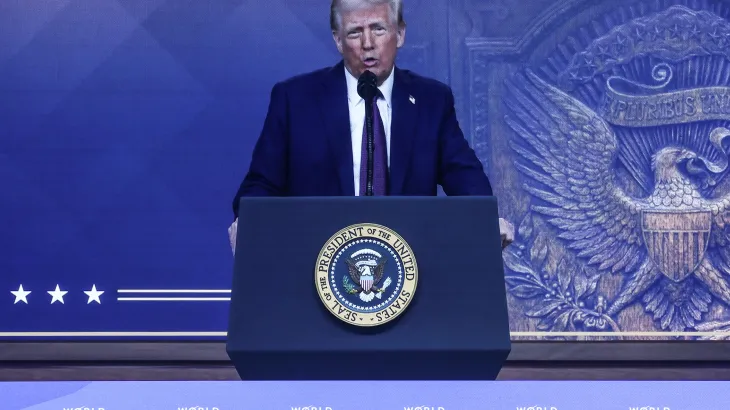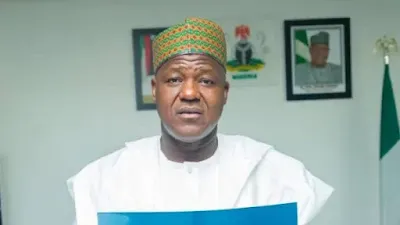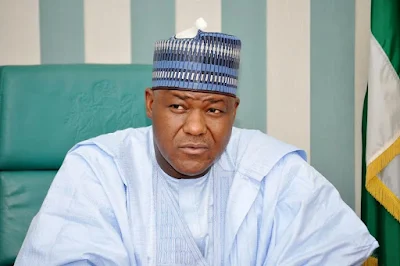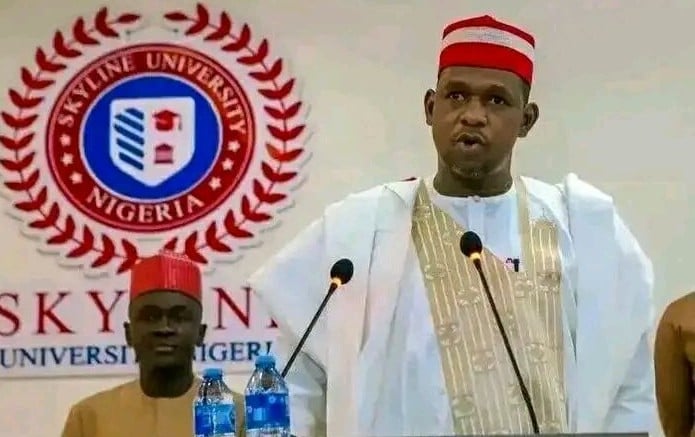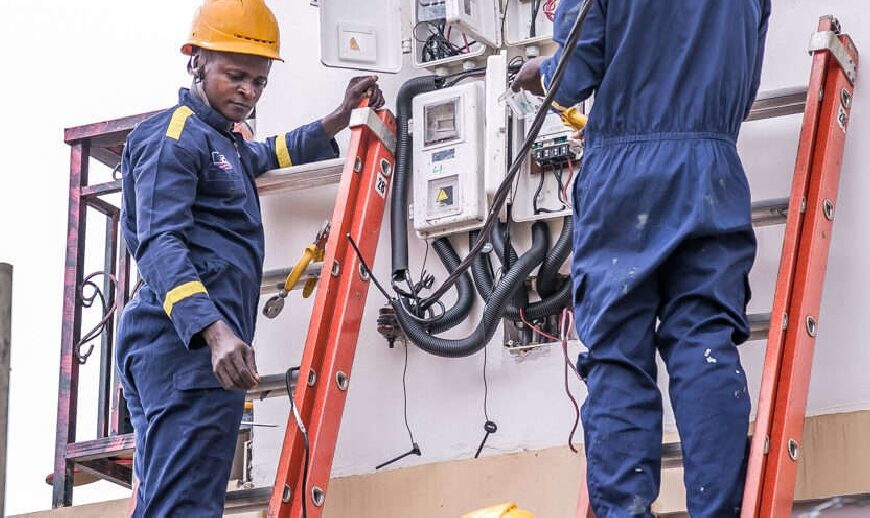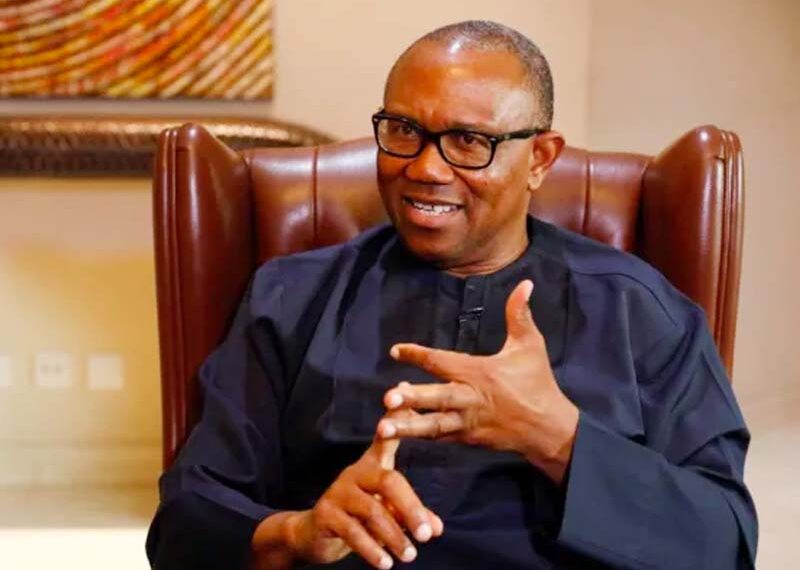Sharm el‑Sheikh, Egypt – October 13, 2025 — Egyptian President Abdel Fattah el‑Sisi has declared that former U.S. President Donald Trump’s latest Middle East peace proposal represents the “last chance” to achieve lasting stability in the region. Speaking during a high-level summit held in Sharm el‑Sheikh, el‑Sisi called on world leaders and regional actors to support the proposal, while also reaffirming Egypt’s support for a two-state solution that guarantees the Palestinian people an independent homeland.
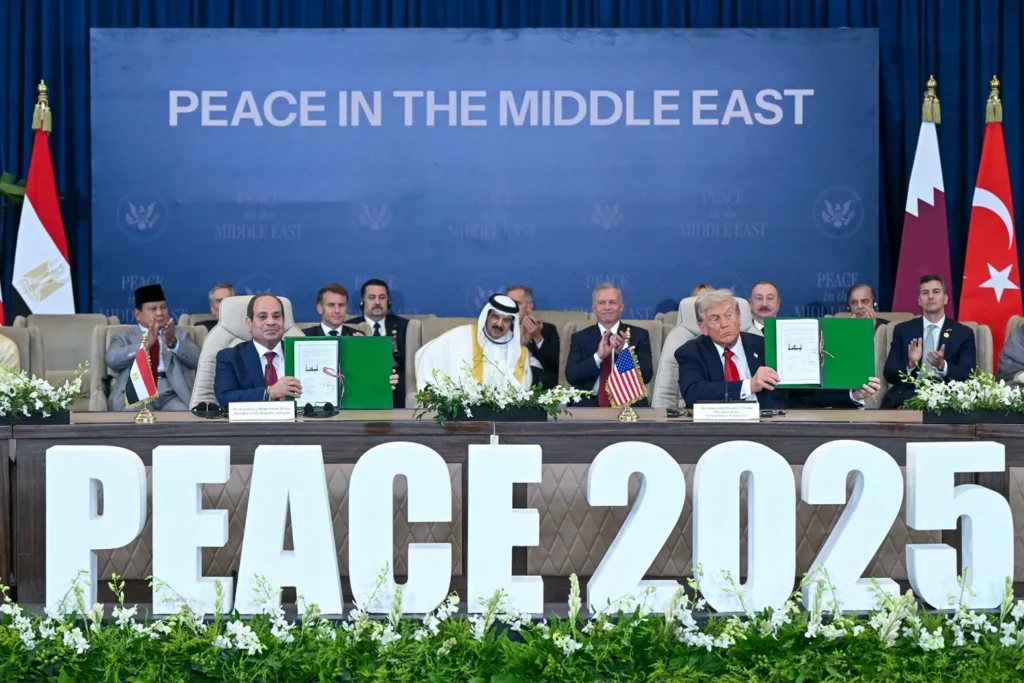
The summit, which brought together global and regional powers, was convened to bolster the ceasefire in Gaza, end the ongoing war between Israel and Hamas, and create a long-term framework for reconstruction and governance in the war-torn territory.
Trump’s proposal outlines a phased approach to peace, starting with the stabilization of Gaza. It calls for a transitional governing body made up of Palestinian technocrats—individuals not affiliated with political factions—to oversee administration during the rebuilding process. The plan includes international oversight via a “Board of Peace” and envisions a broader roadmap toward a Palestinian state, contingent on reforms by the Palestinian Authority and long-term security guarantees.
While Egyptian and several Arab leaders have voiced support for the plan, Israeli Prime Minister Benjamin Netanyahu has expressed resistance to any move that might lead to full Palestinian independence. Nonetheless, under the plan, regional actors such as Egypt and Jordan are expected to help train and build a new Palestinian security force capable of maintaining order and resisting extremist influence.
President el‑Sisi, in his remarks, emphasized the urgent need for action, calling this moment “the final window” for peace after decades of failed initiatives. He credited Trump for taking bold steps and awarded him Egypt’s highest civilian honor, the Order of the Nile, in recognition of his role in pushing for a ceasefire and structured negotiations.
Despite the diplomatic optimism, significant challenges remain. Disarming Hamas, defining Israel’s military role in the transitional phase, and ensuring broad Palestinian representation in governance are unresolved issues. Additionally, the plan calls for billions of dollars in reconstruction aid—estimated at over $50 billion—to rebuild Gaza’s devastated infrastructure, provide housing, and restore essential services.
Observers remain cautious. Critics argue that excluding Hamas from negotiations and governance structures could limit the plan’s effectiveness. Others question whether the Palestinian Authority has the legitimacy or capacity to lead in Gaza, even with international backing.
Still, President el‑Sisi’s strong endorsement of the proposal underscores Egypt’s critical role as a mediator and regional powerbroker. As one of the few Arab nations with direct ties to both Israel and Palestinian factions, Egypt’s involvement is expected to shape the next phase of diplomacy in the region.
Whether this latest attempt at peace can succeed where others have failed remains to be seen. But for now, with the region at a tipping point, Egypt’s president has made it clear: this could be the last real opportunity to break the cycle of violence and move toward a sustainable peace in the Middle East.





